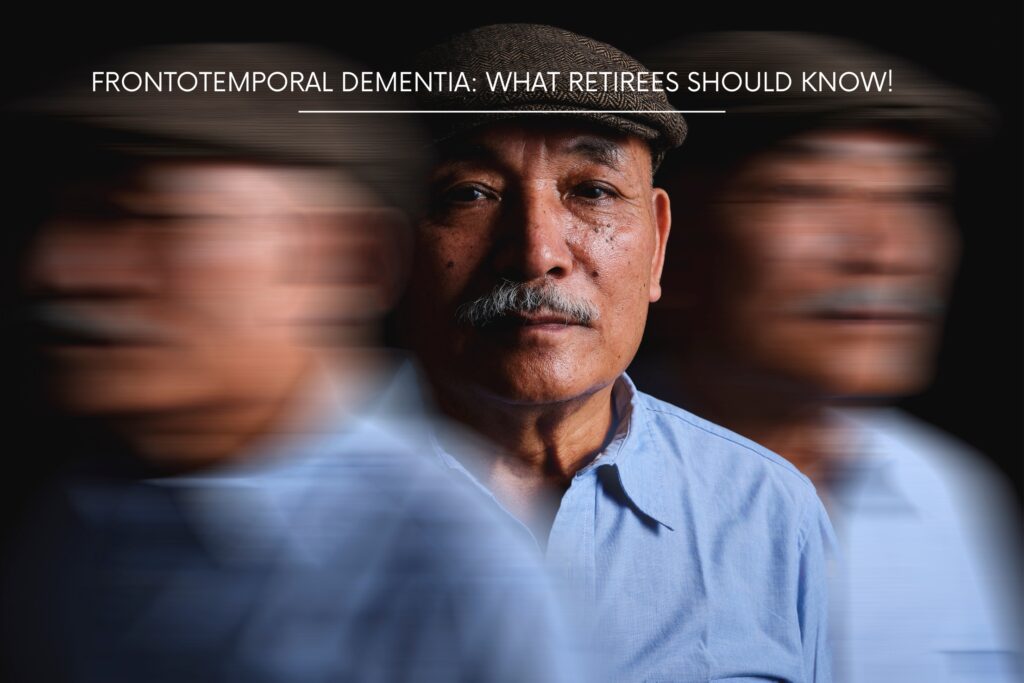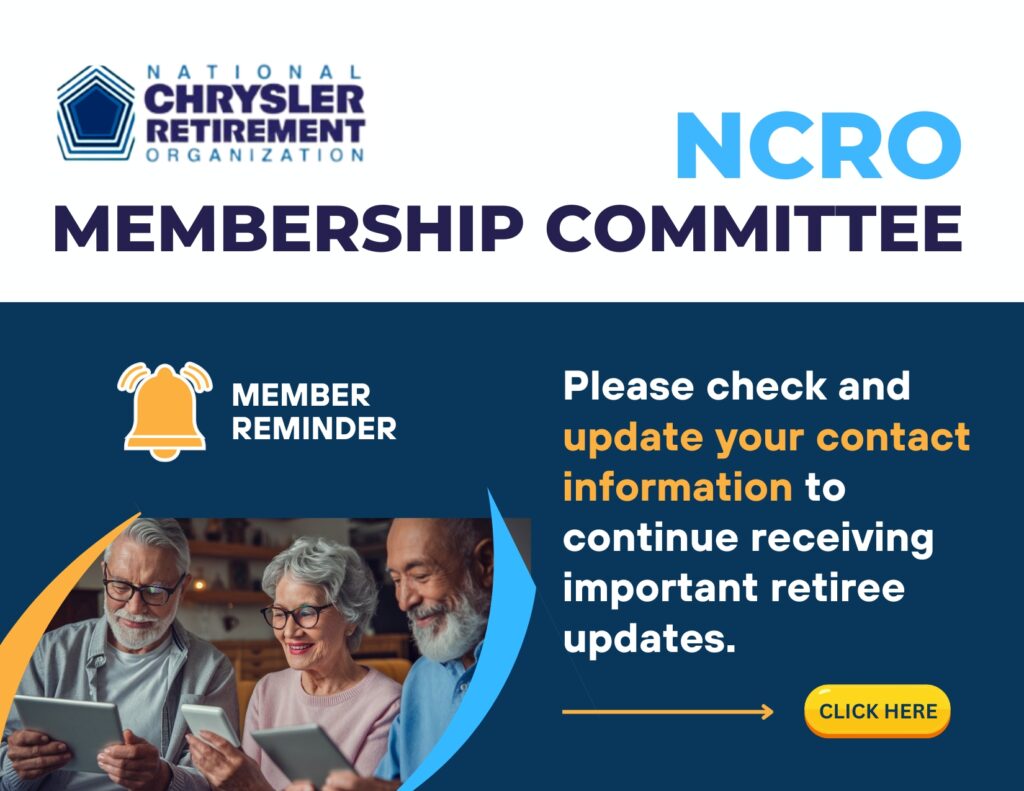1.5K 

When we think about dementia, most of us picture Alzheimer’s disease — memory loss, confusion, and difficulties with daily living. But there’s another type of dementia that is far less common, yet equally important to understand, particularly as we age. It’s called Frontotemporal Dementia (FTD), and it affects the brain — and the people living with it — in unique ways.
What is Frontotemporal Dementia?
FTD is a group of brain disorders caused by the progressive degeneration of the frontal and temporal lobes — the parts of the brain responsible for personality, behavior, decision-making, and language. Unlike Alzheimer’s disease, which primarily affects memory early on, FTD often begins by changing how a person acts, speaks, and interacts with others.
Because of these distinct symptoms, FTD is sometimes mistaken for a psychiatric condition like depression or bipolar disorder. It can be particularly challenging for families when personality and social behavior change before memory does.
Who is at Risk?
Frontotemporal Dementia accounts for roughly 10–20% of dementia cases, making it the second most common dementia in people under 65. While it can develop later in life, its average onset is earlier — often in one’s 50s or 60s — which can be a surprise to those who think dementia is strictly a condition of very old age.
Researchers are still working to understand the exact causes. In some cases, FTD is linked to genetic mutations, meaning there may be a hereditary risk. For others, there’s no clear family connection.
Signs and Symptoms

Early signs of FTD can vary widely, but they usually fall into two categories:
- Behavioral Changes – These can include inappropriate social behavior, loss of empathy, poor judgment, impulsiveness, or a decline in personal hygiene.
- Language Difficulties – Known as Primary Progressive Aphasia (PPA), this type affects a person’s ability to speak, understand, or find the right words.
Memory loss may not appear until later in the disease, which is why FTD can be misdiagnosed. Loved ones are often the first to notice these subtle but impactful changes.
Diagnosis and Treatment
Diagnosing FTD can take time. Doctors may use neurological exams, brain imaging (MRI or PET scans), and sometimes genetic testing. Because FTD is not caused by plaques and tangles like Alzheimer’s, the approach to care is slightly different.
Currently, there is no cure for FTD, but treatment focuses on managing symptoms and improving quality of life. This can include medications for mood or behavior changes, speech therapy, and occupational therapy to maintain independence as long as possible.

Caring for Someone with FTD
FTD can be especially challenging for caregivers. The personality and behavioral changes can feel personal, even when they are not. Support groups, counseling, and respite care can help caregivers avoid burnout.
If you or someone you know is facing FTD, early diagnosis and a strong support network can make a meaningful difference. Connecting with organizations like the Association for Frontotemporal Degeneration can provide valuable resources.
Helpful Resources
- Association for Frontotemporal Degeneration (AFTD) – www.theaftd.org
Provides education, caregiver guides, and a helpline. - Alzheimer’s Association – FTD Information – www.alz.org/ftd
Offers resources and support for all dementias, including FTD. - Family Caregiver Alliance – www.caregiver.org
Support, tips, and respite care resources for caregivers. - National Institute on Aging – www.nia.nih.gov/health/frontotemporal-disorders
- Research-based articles and updates on FTD and other cognitive disorders.
01
Content Generated with AI...
...with Edits and Modifications
At NCRO, we are proud to uphold the highest standards of accuracy and quality in all our content. Our articles are meticulously crafted by advanced AI technology, rigorously reviewed, and approved by our dedicated NCRO committees before being shared on our website. This thorough process ensures that our readers receive reliable and credible information they can trust.



